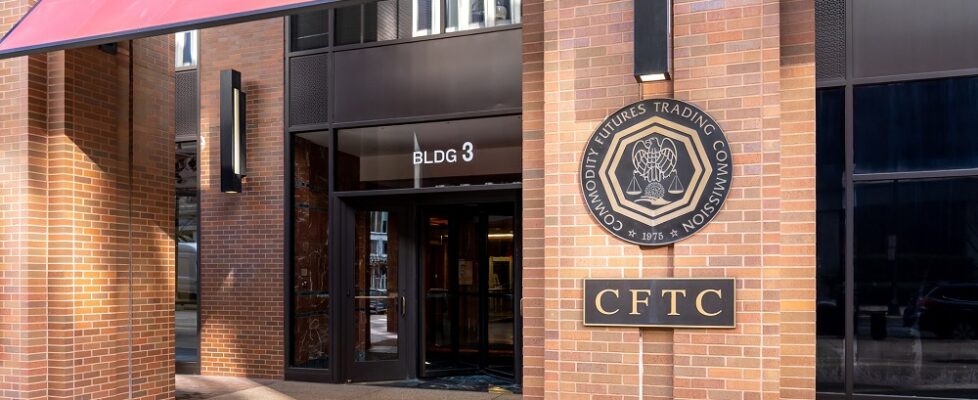CFTC action against Yukom founder gets stayed
Yakov Cohen, one of the founders of Israel-based Yukom Communications, a company at the heart of a fraudulent binary options scheme, has secured a stay of the action brought by the United States Commodity Futures Trading Commission (CFTC).
The relevant order was issued by the Honorable Andrea R. Wood of the Illinois Northern District Court on October 27, 2021. This happens about two weeks after Cohen requested the stay saying the halt has to last until such time as either Cohen enters a guilty plea or there is a verdict in his parallel criminal case, in which Cohen has been indicted by a federal grand jury sitting in the District of Maryland.
In this case, the CFTC alleges that sometime prior to 2014, Cohen and Yossi Herzog, who are both Israeli citizens, founded Yukom, which was incorporated and based in Israel, and Linkopia, which was incorporated and based in Mauritius. In 2014, Cohen and Herzog founded WSB, Wirestech, and Zolarex, all incorporated outside the United States and serving as nominee companies for Yukom’s options brands BigOption, BinaryBook, and BinaryOnline.
Together, Yukom, Linkopia, Wirestech, WSB, and Zolarex allegedly comprised a common enterprise that engaged in fraudulent and off-exchange binary options trading. According to the CFTC, Cohen and Herzog control all of the Yukom Enterprise’s employees, bank accounts, and websites. Cohen, in particular, is alleged to have personally interviewed and hired certain brokers and other individuals to work for the Yukom Enterprise. He is also generally alleged to be one of the “controlling persons of the Yukom Enterprise” who directed it to engage in the unlawful acts.
On March 26, 2014, Defendants started offering binary options contracts to retail customers, including customers in the United States, through the Yukom Enterprise. The binary options the defendants sell are not offered on a board of trade or other regulated exchange. Furthermore, most of the Yukom Enterprise’s customers are not eligible contract participants.
Defendants do not operate like other regulated options traders because, instead of connecting their customers to legitimate binary options exchanges (i.e., matching buyers and sellers), Defendants take the opposite position of their customers on each trade. Thus, while Defendants represent that their financial interests are aligned with those of their customers, they actually profit when their customers lose money.
The CFTC alleges that the defendants make a number of fraudulent statements to solicit and maintain customers, including misrepresenting basic facts about the Yukom Enterprise.
The complaint asserts five Counts against all Defendants for violations of the CEA and CEA Regulations:
- Count One alleges that Defendants have engaged in commodity option fraud in violation of 7 U.S.C. §§ 6c(b), 13c(b) and 17 C.F.R. § 32.4.
- Count Two alleges that Defendants have engaged in swap fraud in violation of 7 U.S.C. §§ 6(c)(1), 9(1), 13c(b) and 17 C.F.R. § 180.1(a)(1)–(3).
- Count Three alleges that Defendants have entered into the trade of illegal, off- exchange commodity options in violation of 7 U.S.C. §§ 6c(b), 13c(b) and 17 C.F.R. § 32.2.
- Count Four alleges that Defendants have engaged in illegal, off-exchange retail swaps in violation of 7 U.S.C. §§ 2(e), 13c(b).
- Count Five alleges that Defendants have accepted orders for commodity options contracts and swaps without being registered with the CFTC and from customers who are not eligible contract participants, in violation of 7 U.S.C. §§ 6d(a)(1), 13c(b).




